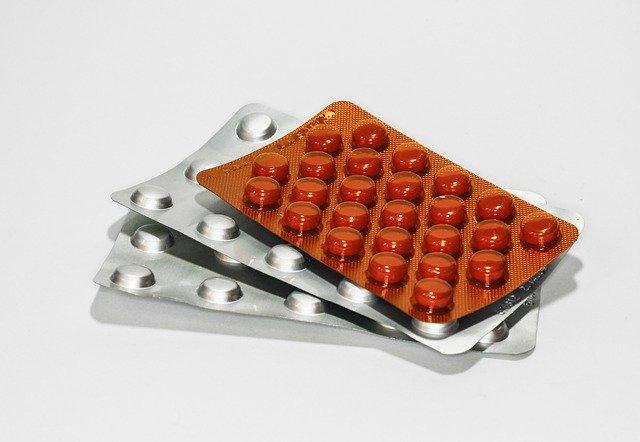
Published on: 21/07/20
A new report reveals lack of accurate information on the risks of valproate in pregnant women.

Published on: 21/07/20
The Valproate Survey 2020, published by Young Epilepsy, Epilepsy Action and Epilepsy Society reveals that many women are still unaware of the risks of valproate use in pregnancy.
The survey of 514 responses, showed that:
In addition, less than half of the respondents taking valproate said they had signed an Annual Risk Acknowledgement Form. This form is a written record that women and girls taking valproate are aware of the risks and shows they have discussed options for switching treatment where necessary.
The Medicines and Healthcare Products Regulatory Agency (MHRA) estimates an approximate 10% of babies born to women who take valproate during pregnancy are born with birth defects. Up to 40% are at risk of developmental issues that can lead to learning difficulties.
Chief Executive of Young Epilepsy, Mark Devlin, said: “It is shocking to hear that up to 1 in 5 women taking valproate remain unaware of the potential severe risks of its use in pregnancy.”
“Young women and girls who have epilepsy – as well as their parents or carers – must have the information they need to make fully informed choices on the appropriate treatments available. The advice on valproate use and its associated risks will vary depending on a young person’s age and broader needs. This survey tells us that much more needs to be done urgently to ensure information is made accessible and understandable to young women of different ages and abilities.”
Women and girls should not stop taking valproate without first discussing it with their doctor. Up-to-date information and guidance on valproate use can be found at https://www.gov.uk/guidance/valproate-use-by-women-and-girls.
Earlier this month the First Do No Harm report uncovered wrongdoings towards women in regards certain treatments and medication, including valproate.